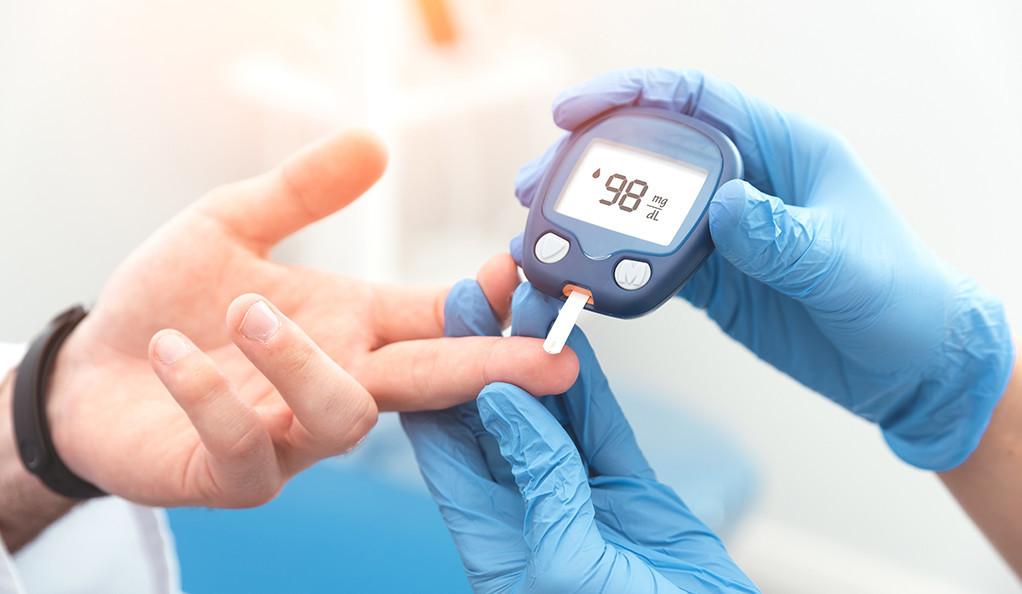
Functional gastrointestinal disorders otherwise known as FGIDs are a long list of common disorders that occur in the GI tract. What sets FGIDs apart from other GI disorders is the fact that although there are symptoms present, there is an absence of any abnormalities that can be tested and detected. At a glance, a person who suffers from FGIDs seems to have a normal and healthy gastrointestinal tract, despite having the symptoms.
How IS FGIDs Diagnosed?
The most common diagnostic tools such as x-ray, ultrasound, blood, and CT scans cannot detect the presence of functional gastrointestinal disorders. These routine tests often lead to misdiagnosis because physicians are unable to see any physical anomalies such as the growth of tumors and masses. It is fairly common for patients with FGIDs to be told that they are feeling phantom symptoms and leave the hospital or clinic without proper treatment.
This may have been the case in the past, it is no longer the case today. Doctors and researchers are slowly learning more about FGIDs and the symptoms of the disorder. Patients who suffer from any GI problems that cannot be detected via traditional testing as asked to offer accurate descriptions of their symptoms. As of now, doctors heavily rely on the description of symptoms for an FGID diagnosis.
Can FGIDs Be Treated/Cured?
Since the research, study, and treatment of FGIDs is still in its infancy, there is prescribed treatment for the disorder. Not only is the lack of study a factor, but treatment also varies because there is a long list of different disorders classified under FGIDs. Some common examples of common disorders range from functional abdominal pain, abdominal migraine, irritable bowel syndrome, to functional constipation and non-ulcer dyspepsia.
The type of treatment will depend on the diagnosed disorder and the symptoms described by the patient. Some may require medication for hypersensitivity or abnormal motility which others will be required to see a nutritionist for a change in diet. Although these treatments can help reduce the pain and other symptoms, there is no cure for FGIDs at this very moment.
Does Psychological Treatment Work?
As part of a patient’s treatment, a physician can suggest psychological treatment such as hypnosis, relaxation therapy, and/or cognitive behavioral therapy. These additional treatments aren’t the cure, but the main goal is to help patients with FGIDs learn to manage the pain and symptoms of the disorder.
Together with the prescribed medication, a change in diet, and psychological treatment, a patient’s quality of life will increase dramatically.
How Will FGIDs Be Treated In The Future
Although the news that there is no real “cure” for FGIDs today is a little disheartening for patients, there is a lot of hope for the future. As more studies are being done to understand the disorder better and more doctors are receptive to the idea of a functioning GI disorder being real, getting diagnosed and treated is more accessible.
With time and more understanding, FGIDs will become a widely known medical disorder that comes with a proper treatment plan.
Functional gastrointestinal disorders or FGIDs may affect different parts of your GI tract such as the intestines, stomach, or esophagus. To understand more about this health issue, consult a doctor.







